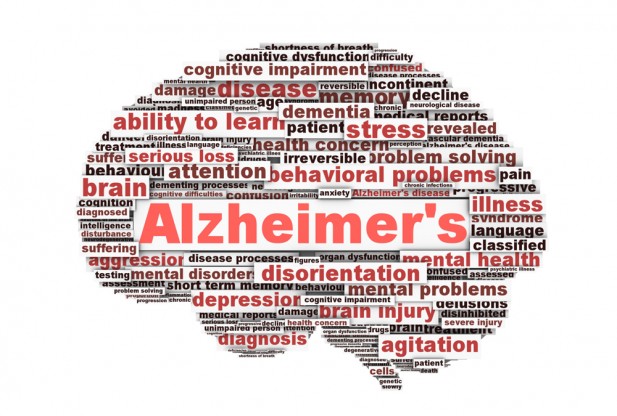- Home
- Medical news & Guidelines
- Anesthesiology
- Cardiology and CTVS
- Critical Care
- Dentistry
- Dermatology
- Diabetes and Endocrinology
- ENT
- Gastroenterology
- Medicine
- Nephrology
- Neurology
- Obstretics-Gynaecology
- Oncology
- Ophthalmology
- Orthopaedics
- Pediatrics-Neonatology
- Psychiatry
- Pulmonology
- Radiology
- Surgery
- Urology
- Laboratory Medicine
- Diet
- Nursing
- Paramedical
- Physiotherapy
- Health news
- Fact Check
- Bone Health Fact Check
- Brain Health Fact Check
- Cancer Related Fact Check
- Child Care Fact Check
- Dental and oral health fact check
- Diabetes and metabolic health fact check
- Diet and Nutrition Fact Check
- Eye and ENT Care Fact Check
- Fitness fact check
- Gut health fact check
- Heart health fact check
- Kidney health fact check
- Medical education fact check
- Men's health fact check
- Respiratory fact check
- Skin and hair care fact check
- Vaccine and Immunization fact check
- Women's health fact check
- AYUSH
- State News
- Andaman and Nicobar Islands
- Andhra Pradesh
- Arunachal Pradesh
- Assam
- Bihar
- Chandigarh
- Chattisgarh
- Dadra and Nagar Haveli
- Daman and Diu
- Delhi
- Goa
- Gujarat
- Haryana
- Himachal Pradesh
- Jammu & Kashmir
- Jharkhand
- Karnataka
- Kerala
- Ladakh
- Lakshadweep
- Madhya Pradesh
- Maharashtra
- Manipur
- Meghalaya
- Mizoram
- Nagaland
- Odisha
- Puducherry
- Punjab
- Rajasthan
- Sikkim
- Tamil Nadu
- Telangana
- Tripura
- Uttar Pradesh
- Uttrakhand
- West Bengal
- Medical Education
- Industry
Aspirin component holds promise for treating Alzheimer's

A component of aspirin can block a cell death associated with neurodegenerative diseases like Alzheimer's, Parkinson's and Huntington's disease, a new study says.
Aspirin binds to an enzyme called GAPDH which is believed to play a major role in neurodegenerative diseases.
"The enzyme GAPDH, long thought to function solely in glucose metabolism, is now known to participate in intra-cellular signaling," said study co-author Solomon Snyder, professor of neuroscience at Johns Hopkins University in Baltimore.
"The new study establishes that GAPDH is a target for salicylate drugs related to aspirin and hence may be relevant to the therapeutic actions of such drugs," he noted.
The salicylic acid is the primary breakdown product of aspirin.
"A better understanding of how salicylic acid and its derivatives regulate the activities of the key protein can lead to the development of new and better salicylic acid-based treatments of a wide variety of devastating diseases," Klessig explained.
"A better understanding of how salicylic acid and its derivatives regulate the activities of GAPDH and HMGB1, coupled with the discovery of much more potent synthetic and natural derivatives of salicylic acid, provide great promise for the development of new and better salicylic acid-based treatments of a wide variety of prevalent, devastating diseases," said Klessig.
Aspirin binds to an enzyme called GAPDH which is believed to play a major role in neurodegenerative diseases.
"The enzyme GAPDH, long thought to function solely in glucose metabolism, is now known to participate in intra-cellular signaling," said study co-author Solomon Snyder, professor of neuroscience at Johns Hopkins University in Baltimore.
"The new study establishes that GAPDH is a target for salicylate drugs related to aspirin and hence may be relevant to the therapeutic actions of such drugs," he noted.
The salicylic acid is the primary breakdown product of aspirin.
"A better understanding of how salicylic acid and its derivatives regulate the activities of the key protein can lead to the development of new and better salicylic acid-based treatments of a wide variety of devastating diseases," Klessig explained.
"A better understanding of how salicylic acid and its derivatives regulate the activities of GAPDH and HMGB1, coupled with the discovery of much more potent synthetic and natural derivatives of salicylic acid, provide great promise for the development of new and better salicylic acid-based treatments of a wide variety of prevalent, devastating diseases," said Klessig.
Next Story


